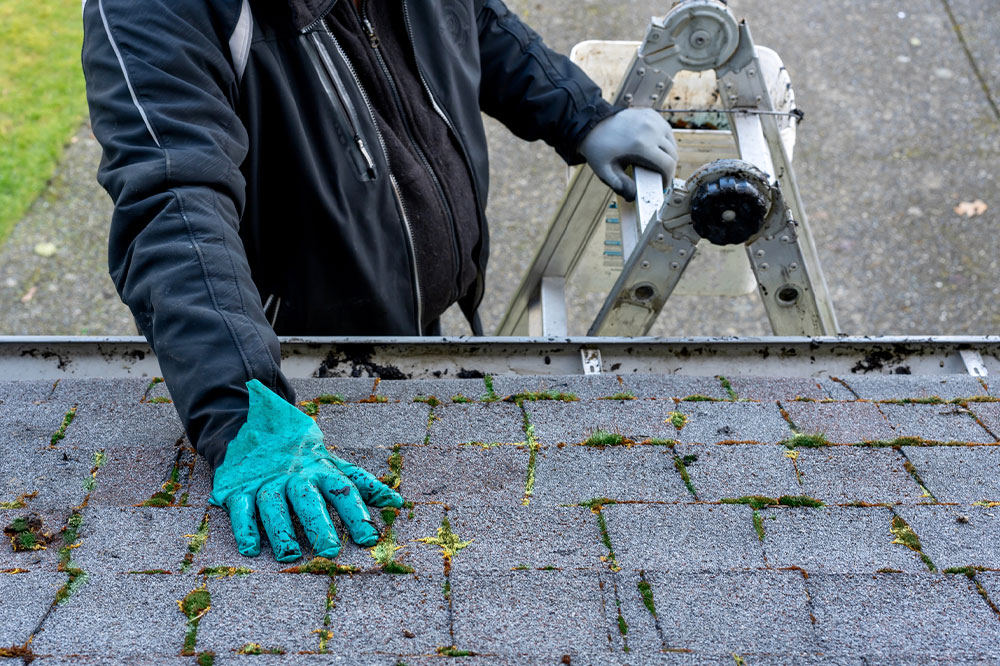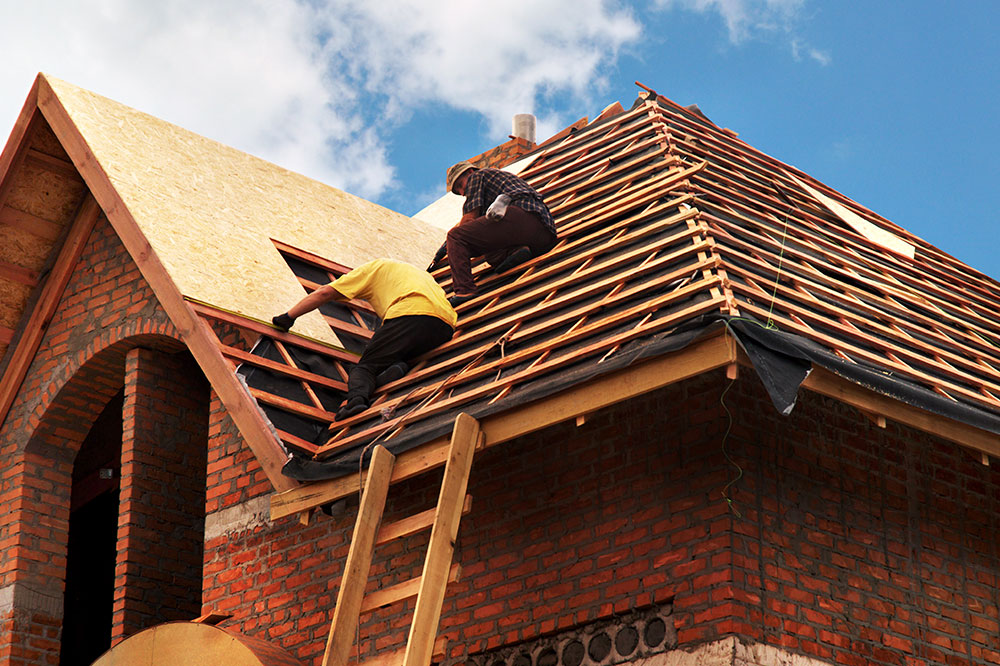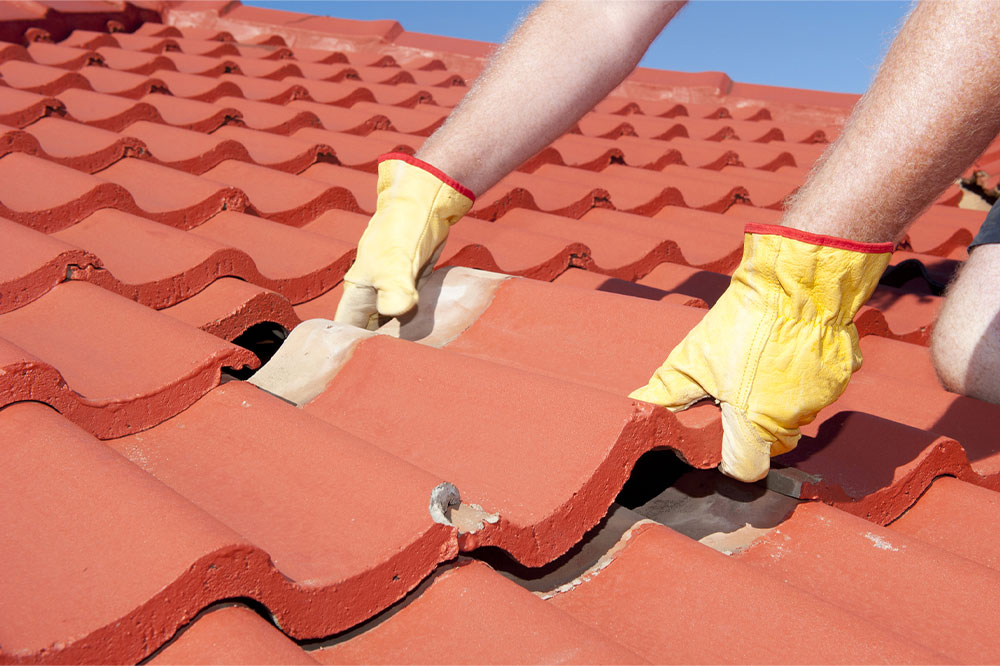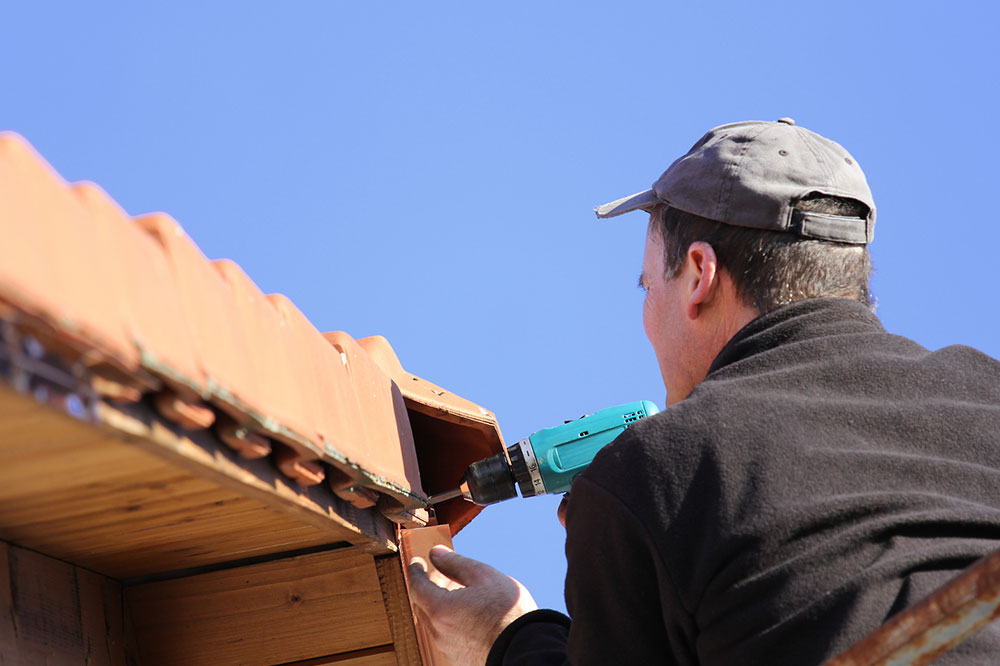Essential Tips for Efficient Roof Repairs
Discover essential tips for effective roof repairs, including identifying damage signs, DIY options, cost estimates, and choosing reliable contractors. Proper maintenance and timely repairs help extend your roof's lifespan and prevent costly future damages.
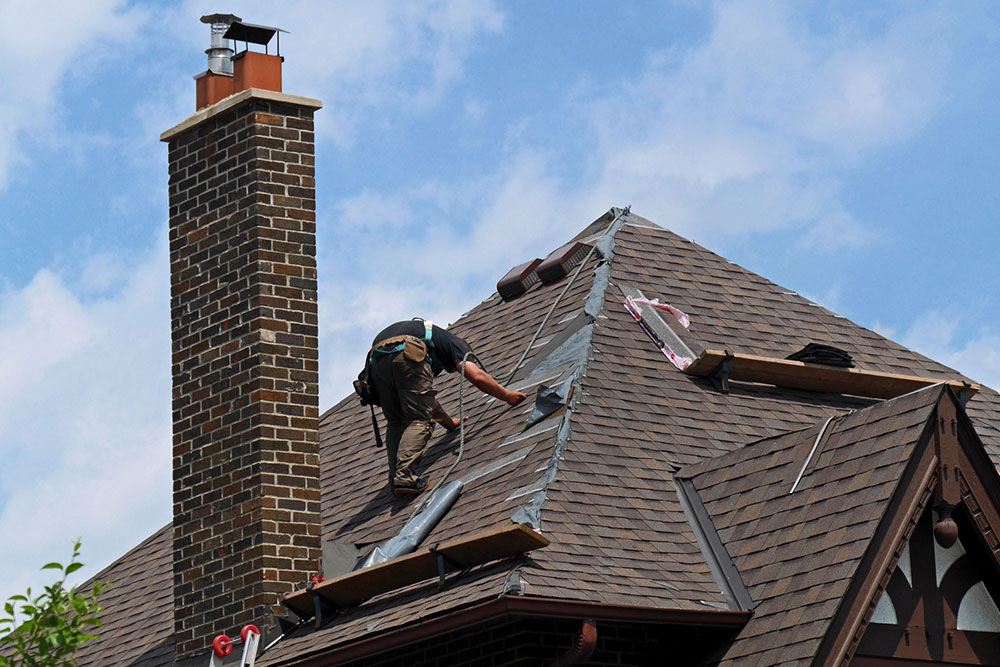
Essential Tips for Efficient Roof Repairs
A roof plays a vital role in safeguarding your home from weather elements like sun, rain, snow, and hail, ensuring a dry and secure environment. Over time, it can develop damages or wear out, leading to issues such as leaks or mold. Instead of costly full replacements, many homeowners opt for targeted repairs—either DIY or professional—to address these problems effectively.
Indicators of Roof Damage
Recognizing signs of roof deterioration early can prevent extensive damage. Common indicators include-
Damaged or missing shingles (holes, tears, granule loss)
Growth of moss or algae in roof valleys
Water stains on ceilings or in the attic
Water pooling on the roof surface
Presence of ice dams during winter
Sagging or noticeable roof dips
Higher energy bills unrelated to HVAC issues
Clogged or overflowing gutters
DIY Roof Repair Considerations
For minor damages, DIY repairs can save money. Begin by assessing the extent of the damage and gathering necessary tools like gloves, safety glasses, ladder, shingles, roofing cement, nails, a pry bar, sealant, tarp, and more.
Always prioritize safety: wear protective gear and follow manufacturer instructions carefully. For extensive damage, hiring professional roofers is advised to ensure safety and quality work.
Estimating Professional Roof Repair Costs
Repair expenses vary based on damage severity, materials, roof features, and location. Factors influencing cost include-
Repair Scope- Smaller fixes like patching leaks or replacing shingles generally cost between $150 and $1,000. Moderate repairs possibly range from $1,000 to $2,000, while major repairs such as extensive replacements can reach $8,000 or more.
Materials Used- Asphalt shingles are most common and affordable, while materials like slate or metal tend to be more expensive, affecting repair costs.
Roof Structure and Design- Repairs involving structural elements or difficult-to-access roofs increase costs, especially if support beams or trusses are affected.
Location- Urban areas often have higher labor and material costs compared to rural or suburban regions.
Selecting the Right Roof Repair Service
To ensure quality repairs, consider these tips:
Read reviews- Check recent customer feedback to gauge the contractor’s reliability and workmanship.
Choose local providers- Local companies stay updated on regional codes and are easier to contact for follow-up services.
Compare multiple quotes- Obtain detailed estimates from several contractors, including costs for materials, labor, and cleanup. Beware of hidden fees or vague warranties.
Prioritize quality- While budget is important, selecting experienced and reputable contractors ensures durability and avoids recurring issues.
Cost-Saving Tips for Roof Repairs
Maintaining your roof can lower repair expenses over time. Consider these strategies:
Regularly inspect your roof, especially after storms or severe weather.
Verify if your insurance covers damages caused by weather events.
Address small leaks promptly during wet seasons to prevent further damage.
Learn about your roofing system to make informed repairs and maintenance decisions.
Explore rebates and incentives for eco-friendly roofing materials provided by local or federal programs.

